Keywords: Religious
There are more than 200 results, only the first 200 are displayed here.
-
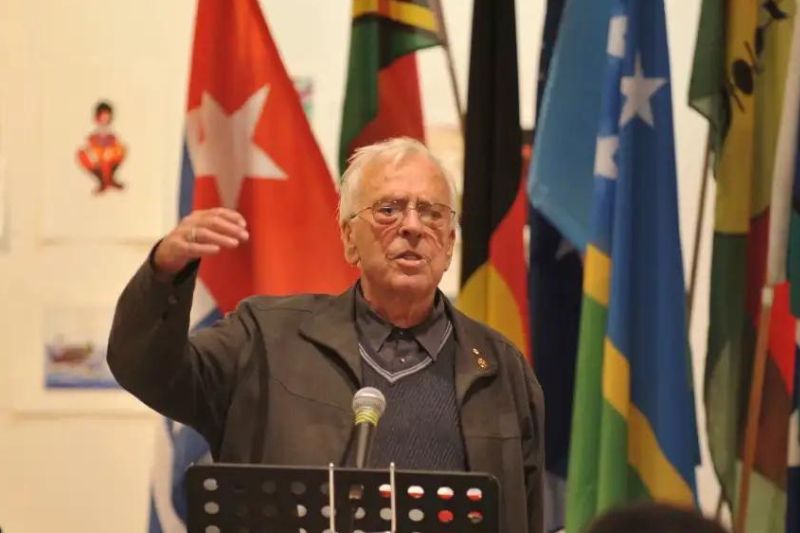
AUSTRALIA
- Andrew Hamilton
- 10 October 2022
8 Comments
Two weeks ago, Bishop Hilton Deakin died. My memories of him are inextricably tied to the Mass he celebrated in 1999 at St Patrick’s Cathedral in Melbourne, certainly the most emotionally charged event that I have seen there, following the violence orchestrated by the Indonesian military following the Referendum on Independence in East Timor. During the struggle for Independence, many East Timorese had joined the Catholic Church.
READ MORE 
-
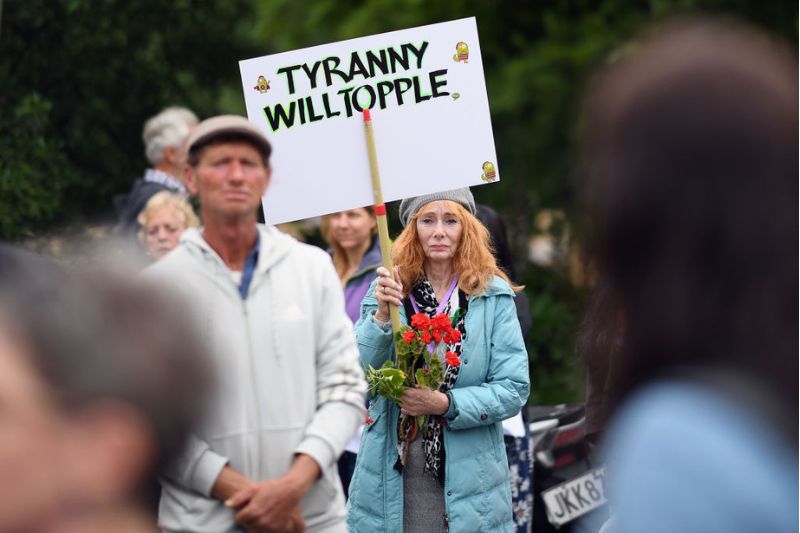
AUSTRALIA
- Andrew Hamilton
- 06 October 2022
1 Comment
Governments have, with little opposition, passed laws that privilege individual choice on issues related to abortion, contraception, gender equality and marriage. If we regard unrestrained individual choice as the fullest expression of human development, we shall necessarily relativise and erode social bonds.
READ MORE 
-
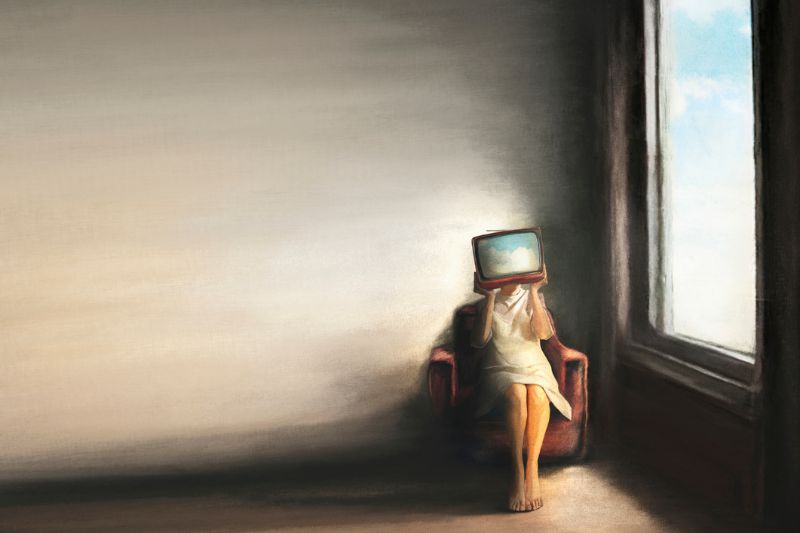
ARTS AND CULTURE
- Emma Wilkins
- 27 September 2022
2 Comments
There's an assumption that writers shouldn’t be writing about groups they don't belong to, as if this couldn’t be done with honesty and insight, respect and restraint. Difficult, yes, but impossible? Whether in fiction or non-fiction, outsiders might misunderstand and misrepresent the people they depict, but sometimes, insiders will too. Sometimes, outsiders will lack insight, but sometimes, when they’re curious, attentive, when they do not overreach, they’ll capture truth.
READ MORE 
-
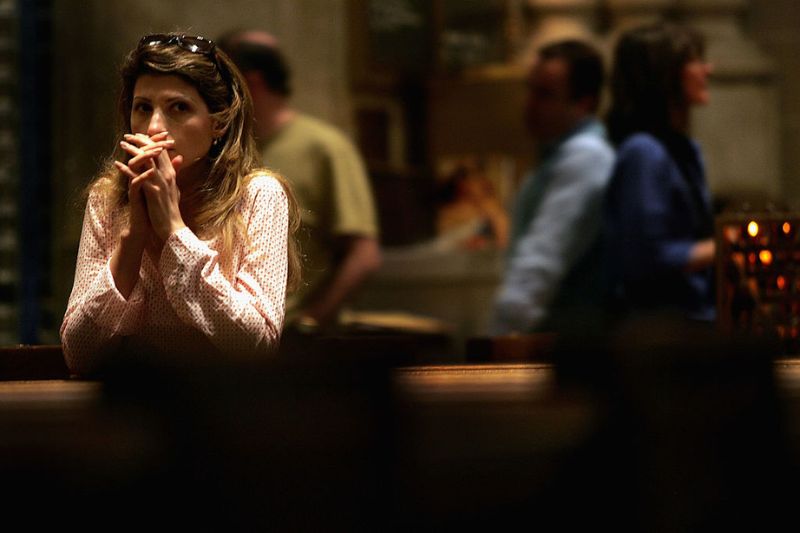
RELIGION
- Terry A. Veling
- 20 September 2022
5 Comments
The beauty of questions is they remind us that we do not know, even as they lure us into their openness. Questions are rarely ever closed or settled. Honner’s books are built around questions. ‘If God made the world, who made God?’ Or, leaving behind pure speculation, ‘Why doesn’t God answer my prayers?’ These are deep mysteries, but they are not meaningless mysteries, Honner says.
READ MORE 
-

RELIGION
- Paul Collins
- 20 September 2022
5 Comments
The word ‘Catholic’ is derived from the Greek Καθολικός (katholikos) meaning universal, of the whole, and the entire tradition is the very opposite of sectarian, particularist, narrow. It is most truly itself when it’s embracing and inclusive.
READ MORE 
-
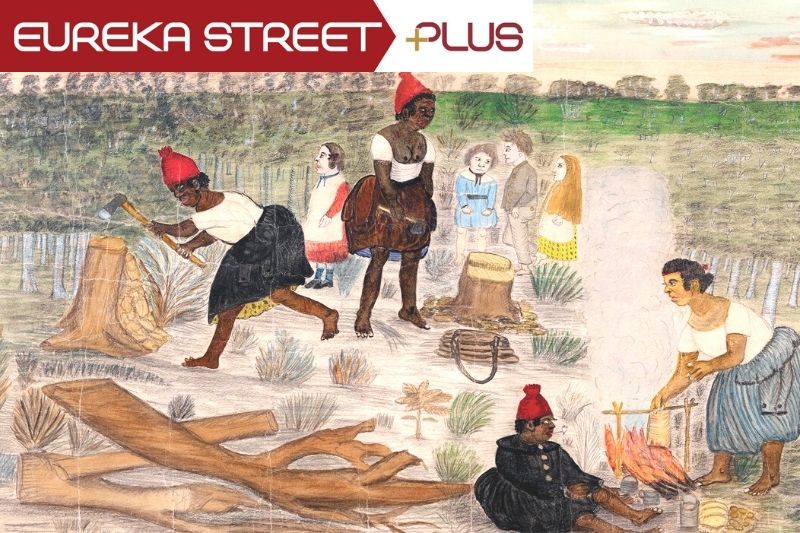
ARTS AND CULTURE
- Andrew Hamilton
- 16 September 2022
1 Comment
Joel Birnie’s short and admirable book provokes reflection both on what should have mattered in the relationships between colonial invaders and Indigenous peoples in the nineteenth century and on what matters in the relationships that constitute Australia today.
READ MORE 
-
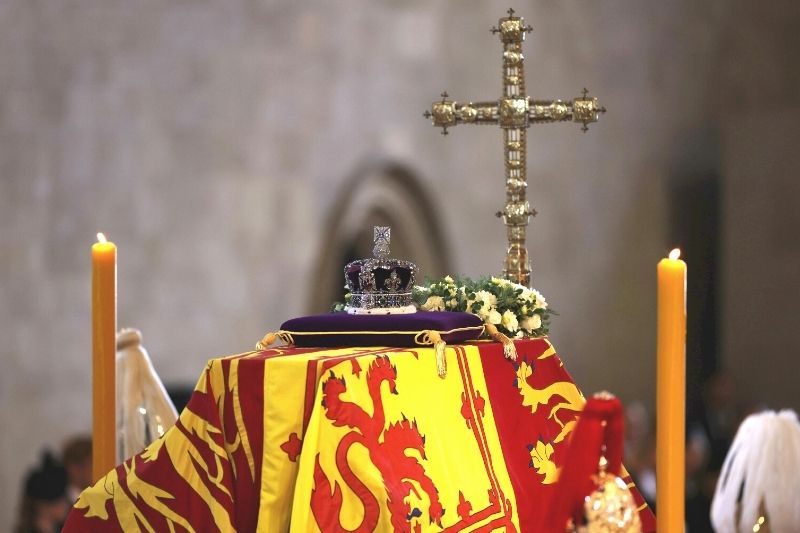
RELIGION
- Miles Pattenden
- 15 September 2022
4 Comments
The Queen’s life of overt public religion — which led her to become perhaps the twentieth century’s greatest Christian evangelist — was grounded in her conviction in the Gospels’ truth. And she interpreted Jesus’ story generously and ecumenically, broadening her role from the narrow Anglican identity of Supreme Governor of the Church of England to become an advocate by example for faiths of every kind.
READ MORE 
-
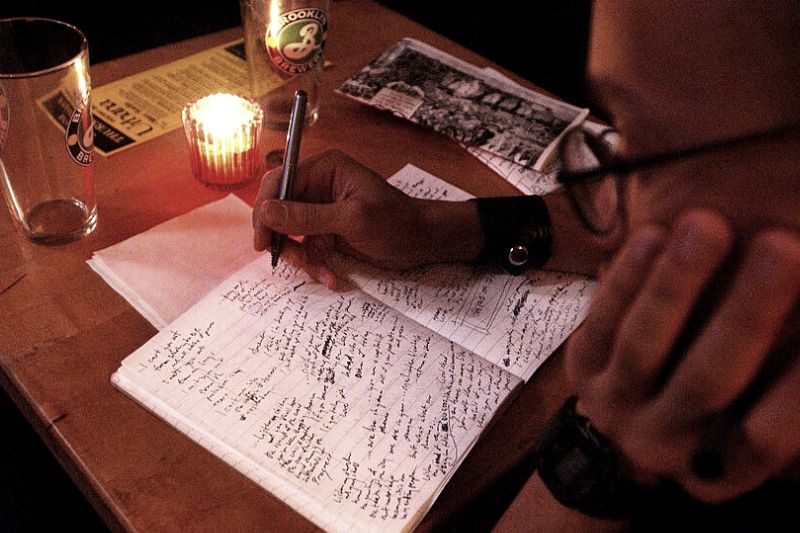
ARTS AND CULTURE
- Andrew Hamilton
- 25 August 2022
11 Comments
In most circles poetry doesn’t matter. It doesn’t put bread on the table, nor raise people to revolt nor even make news unless a grizzled footballer is outed for secretly writing poems. Even in churches poems and hymns are altered to improve their orthodoxy in matters of faith, gender, race or modernity, but rarely their poetic quality.
READ MORE 
-
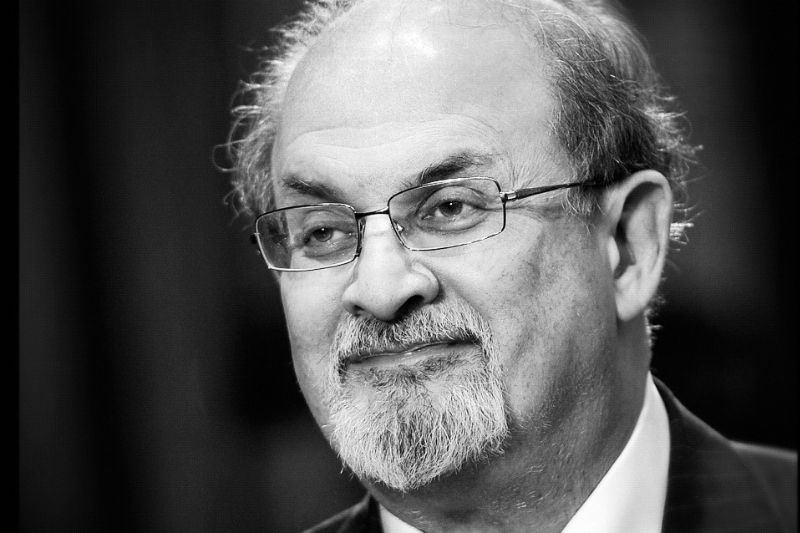
ARTS AND CULTURE
- Michael McGirr
- 25 August 2022
4 Comments
Salman Rushdie is a writer with a most defiant sense of humour. If you want to get to know him, I wouldn’t start with The Satanic Verses (1988), the book that has brought him so much grief. Thirty three years after Ayatollah Khomeni imposed a fatwa on the author, it would seem to have led, on August 12, to a young man called Hadi Matar making an attempt on Rushdie’s life at a public event in New York.
READ MORE 
-

RELIGION
- John Warhurst
- 23 August 2022
18 Comments
The successful implementation of the spirit and the letter of the Plenary Council must involve the Catholic education sector. Catholic schools, meaning students, parents, staff members and governing bodies, are one of the most vital sectors of the church along with the health sector. They must be convinced to engage with and support the reform outcomes of the Plenary Council.
READ MORE 
-

ARTS AND CULTURE
- Binoy Kampmark
- 17 August 2022
1 Comment
Uncle Boda was a figure who managed to tease out an image at one mention with his humble and unambitious doctor’s practice, for which he worked for years to obtain. He had read medicine in India, and to this day it remains unclear how long he spent trying to earn his degree.
READ MORE 
-
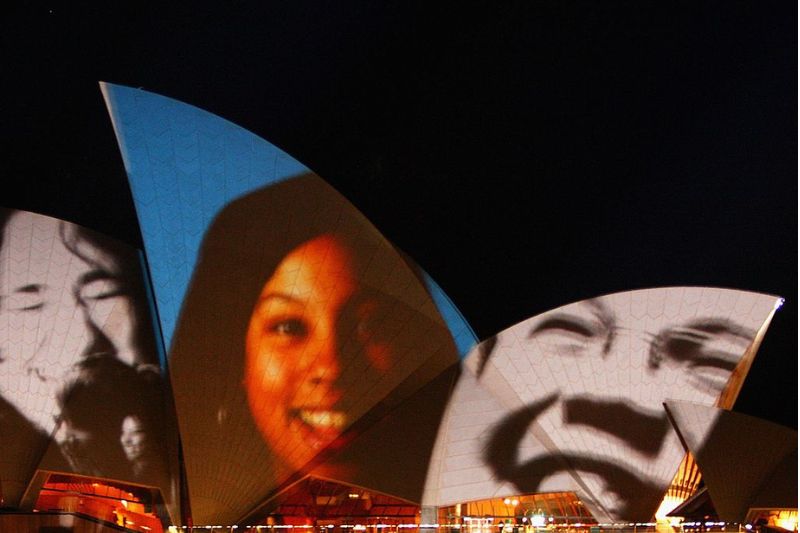
AUSTRALIA
- Andrew Hamilton
- 17 August 2022
4 Comments
Few Australians of Irish descent will now be familiar with this history and the experience that accompanied it. They would see themselves as simply Australian. But the emphasis on social justice, the recognition of the value of community, and the concern for people who are marginal that are communicated through Catholic schools and the sympathy with the underdog owe much to the Irish heritage.
READ MORE 